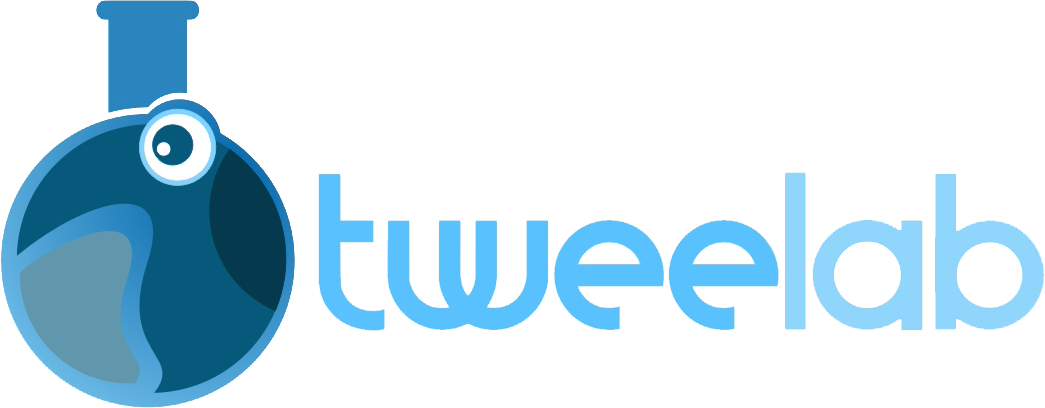Did you know that a one-second delay in page load time can result in a 7% reduction in conversions? In today’s fast-paced online world, having a fast and responsive website is crucial.
If you’re using WordPress as your content management system, there are several tips and strategies you can implement to optimize your hosting and improve your website’s speed.
In this article, we will explore the top tips for faster WordPress hosting that will help you provide an exceptional user experience and boost your online performance.
Key Takeaways
- Choose a hosting provider with fast and reliable servers optimized for WordPress
- Regularly update and optimize your WordPress site to ensure compatibility, security, and performance
- Use the latest version of PHP for better speed, security, and compatibility
- Manage plugins by deleting unused ones and optimizing their usage for improved website speed and performance.
Choose a reliable hosting provider
To ensure faster WordPress hosting, it is essential to select a reliable hosting provider. Opting for a cheap or unreliable hosting provider can have detrimental effects on your website’s speed, uptime, and security.
A reliable hosting provider will offer fast and reliable servers specifically optimized for WordPress, ensuring that your website loads quickly and smoothly. They will also provide WordPress-specific features and tools that can further enhance your site’s performance.
Additionally, a reliable hosting provider will have excellent customer support, ready to assist you whenever you encounter any issues or need help optimizing your website for speed.
Update everything
Regularly update all components of your WordPress site, including the core, themes, and plugins, to ensure optimal speed and security.
Using outdated versions of WordPress, themes, or plugins can lead to compatibility issues, bugs, and vulnerabilities. According to a report by Sucuri, 56% of hacked WordPress sites were running an outdated version of WordPress.
By keeping your site up to date, you can take advantage of the latest features, improvements, and bug fixes provided by the developers. Updates also help to ensure compatibility with new versions of WordPress and other plugins.
Additionally, updating your site regularly helps to protect against security vulnerabilities and reduces the risk of being hacked. It is important to regularly check for updates and apply them promptly to ensure that your WordPress site is running at its best.
Use the latest version of PHP
Updating to the latest version of PHP is crucial for faster WordPress hosting and improved website performance. Using an outdated version of PHP can result in slow website speed, compatibility issues, and security risks.
To ensure optimal speed and performance, consider the following tips:
- Better performance: Newer versions of PHP are optimized for speed, offering significant performance improvements compared to older versions.
- Enhanced security: Staying up-to-date with the latest PHP version ensures that your website is protected against potential vulnerabilities and security threats.
- Compatibility: Using the latest PHP version ensures compatibility with the latest WordPress updates and plugins, allowing you to take advantage of new features and functionalities.
Delete unused plugins
Continuing the discussion on optimizing WordPress hosting for faster performance, it is important to address the issue of unused plugins and their impact on website speed and efficiency.
While plugins can enhance the functionality of your website, having too many or inactive plugins can hinder its performance. Unused plugins take up valuable server space and can slow down your website’s loading time. According to a study by WP Rocket, having 20 active plugins can increase your page load time by 1.5 seconds.
Moreover, inactive plugins can pose security risks and may not be compatible with the latest WordPress updates. To ensure a faster and more efficient website, it is essential to regularly review and delete any unused plugins.
Install high-quality plugins only
Now shifting focus to the installation of high-quality plugins, it is crucial to carefully select and implement plugins that meet the criteria of being well-coded, regularly updated, and compatible with your WordPress version, theme, and other plugins. Installing plugins that are poorly coded, outdated, or incompatible can result in slow website speed, errors, and conflicts.
To ensure a faster WordPress hosting experience, follow these tips:
- Choose plugins that have a good reputation and positive reviews from users.
- Look for plugins that are regularly updated by the developers to ensure compatibility with the latest WordPress version.
- Check if the plugin is compatible with your WordPress theme and other plugins by reading the documentation or contacting the plugin developer.
Use a lightweight theme
Choose a lightweight theme for faster WordPress hosting. Using a bloated or poorly-coded theme can significantly impact your website’s speed and performance. Opting for a theme that is optimized for speed and efficiency can help improve your page load time and overall user experience.
According to a study by Pingdom, the average WordPress theme size is 1.3 MB, which can slow down your website’s performance. By choosing a lightweight theme, you can reduce the size of your website files and improve its speed.
Additionally, lightweight themes often have fewer features and options, reducing the risk of compatibility issues and security vulnerabilities. Prioritize speed and performance by selecting a lightweight theme for your WordPress site.
Optimize images for speed
To enhance the speed of your WordPress hosting, prioritize optimizing images. Uploading large or unoptimized images can significantly slow down your website, resulting in poor user experience and increased bandwidth usage. Here are three essential tips to optimize images for speed:
- Compress images: Reduce the file size of your images without compromising their quality. This can be achieved by using image compression tools or plugins that automatically optimize your images during the upload process.
- Use the appropriate image format: Choose the right image format for your specific needs. For example, use JPEG for photographs and PNG for images with transparency.
- Resize images: Ensure that your images are displayed at their appropriate dimensions on your website. Avoid using large images and rely on CSS to adjust the image size as needed.
Use a WordPress caching plugin
An essential step in achieving faster WordPress hosting is to utilize a WordPress caching plugin. By generating static HTML files of your website’s pages and posts, and serving them to visitors instead of dynamic PHP files, a caching plugin significantly reduces the load time of your site.
Not using a caching plugin can lead to slow website speed, increased server load, and a poor user experience. According to a study by GTmetrix, the average page load time for a WordPress site is 8.22 seconds, which can be greatly reduced by implementing a caching plugin.
This plugin effectively optimizes the delivery of content, resulting in a faster, more responsive website that keeps visitors engaged and satisfied.
Don’t overlook the power of a caching plugin in enhancing your WordPress hosting performance.
Use a content delivery network (CDN)
Utilizing a content delivery network (CDN) further enhances the speed and performance of your WordPress hosting. By distributing your website’s content across multiple servers located around the world, a CDN allows for faster delivery of your website’s files to visitors.
Here are three reasons why using a CDN is crucial for faster WordPress hosting:
- Reduced latency: With a CDN, your website’s content is stored on servers closer to your visitors, minimizing the distance data has to travel and reducing latency.
- Improved scalability: A CDN can handle heavy traffic and distribute it across multiple servers, preventing your hosting server from becoming overloaded and ensuring a smooth user experience.
- Enhanced reliability: By storing copies of your website’s files on multiple servers, a CDN provides redundancy and improves reliability, ensuring that your website remains accessible even if one server goes down.
Regularly monitor and test your website speed
Regularly monitoring and testing website speed is essential for optimizing WordPress hosting. Failing to do so can result in slow website speed, a poor user experience, and lower search engine rankings. In fact, according to a study by Akamai, even a 1-second delay in page load time can lead to a 7% reduction in conversions, 11% fewer page views, and a 16% decrease in customer satisfaction.
Frequently Asked Questions
How Can I Choose a Reliable Hosting Provider for My WordPress Website?
Choosing a reliable hosting provider for your WordPress website is crucial for optimal performance. Look for providers with a strong track record, excellent customer support, reliable uptime, and robust security measures to ensure a smooth and secure experience for your website visitors.
Why Is It Important to Update Everything in WordPress, Including Themes and Plugins?
Updating everything in WordPress, including themes and plugins, is important for several reasons. It ensures optimal performance, enhances security, and provides access to new features and improvements. Regular updates help maintain a stable and efficient website.
What Are the Benefits of Using the Latest Version of PHP for My WordPress Website?
Using the latest version of PHP for your WordPress website offers numerous benefits, such as improved performance, enhanced security, and access to new features. Stay ahead of the curve and ensure optimal functionality.
How Can I Effectively Delete Unused Plugins From My WordPress Website?
To effectively delete unused plugins from your WordPress website, you should first assess which plugins are no longer necessary. Then, navigate to the Plugins section in your WordPress dashboard, deactivate and delete the unused plugins.
What Are the Key Factors to Consider When Selecting and Installing High-Quality Plugins for My WordPress Website?
When selecting and installing plugins for your WordPress website, it is crucial to consider factors such as functionality, compatibility, security, and support. These elements ensure a high-quality plugin that enhances your website’s performance and user experience.

